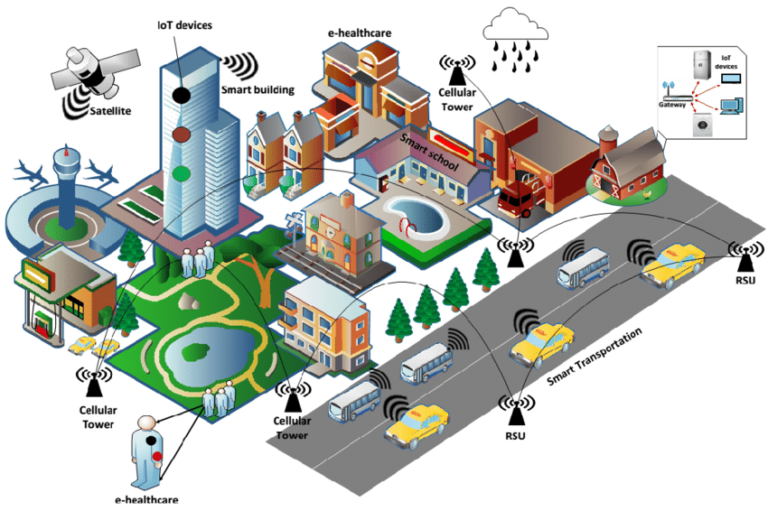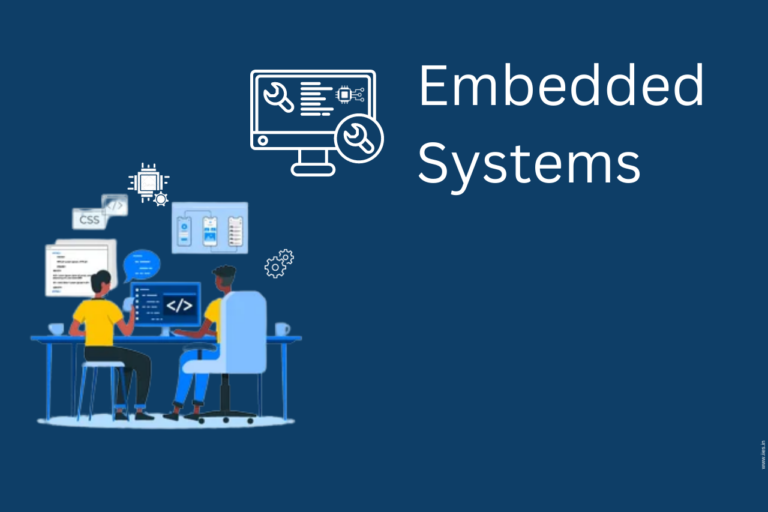IoT and Industry 4.0: Transforming Manufacturing through Connected Technologies

The fourth industrial revolution, often referred to as Industry 4.0, is marked by the integration of smart technologies into manufacturing processes, and at its core lies the Internet of Things (IoT). This transformative synergy is revolutionizing traditional manufacturing, fostering unprecedented levels of connectivity, automation, and data-driven decision-making.
One of the key elements of Industry 4.0 is the concept of the “smart factory,” where machines, devices, and systems communicate and cooperate with each other in real time. IoT-enabled sensors are embedded in machinery, allowing them to collect and exchange data autonomously. This connectivity streamlines production processes, reduces downtime, and enables proactive maintenance through predictive analytics.
In manufacturing, the implementation of IoT is not limited to the shop floor. Supply chain management benefits significantly from IoT technologies. Sensors placed throughout the supply chain provide real-time visibility into the movement and condition of raw materials, components, and finished products. This transparency enhances inventory management, reduces lead times, and minimizes the risk of disruptions.
Predictive maintenance is a game-changer for manufacturers adopting IoT. By continuously monitoring the performance of machinery and equipment, anomalies and potential failures can be detected early, allowing for scheduled maintenance before a breakdown occurs. This not only extends the lifespan of assets but also prevents costly downtime and improves overall operational efficiency.
Quality control and assurance are also elevated with IoT in Industry 4.0. Sensors can monitor the quality of products throughout the production process, identifying defects or deviations from standards in real time. This not only ensures that only high-quality products reach the market but also facilitates continuous improvement through data-driven insights.
Furthermore, IoT facilitates the concept of mass customization in manufacturing. By collecting and analyzing data from the entire production process, manufacturers can tailor products to meet individual customer preferences without sacrificing efficiency. This shift from mass production to more personalized manufacturing aligns with changing consumer demands and market trends.
However, the widespread adoption of IoT in manufacturing comes with its own set of challenges. Cybersecurity concerns, interoperability issues, and the need for a skilled workforce capable of managing and optimizing IoT-enabled systems are among the obstacles that industry leaders must address.
In conclusion, IoT is a driving force behind the transformation of manufacturing in the era of Industry 4.0. From smart factories and predictive maintenance to supply chain optimization and personalized manufacturing, connected technologies are reshaping the industry’s landscape. As manufacturers navigate the complexities of implementation, the promise of increased efficiency, flexibility, and competitiveness propels the continued integration of IoT in the manufacturing sector.






+ There are no comments
Add yours